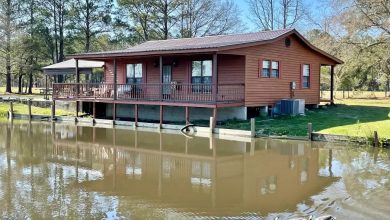Prestigious Period Villa on Lake Como

Dependance of the villa Pirotta Bonacossa
Brunate (CO)
Address : Via Attilio Pirotta 5 – Brunate (CO)
Typology : architecture for residential, tertiary and services; dependence
Construction characteristics :
structures: reinforced concrete frame
facade: plaster; wooden beads
roofing: sloped with a pitch
Windows and doors: wooden
Chronology :
design: 1950
execution: 1951
reference date: 1950 – 1951
Client : Bonacossa family
Authors :
project: Muzio Giovanni
Use : home
Legal status : private property
Description
The annex, designed by Giovanni Muzio adjacent to the large manor house, is similar to it by contrast, with the characteristics of a more agile construction, suited to the needs of the new owners (the Bonacossas). The eclectic Liberty style of the pre-existing building contrasts with a modern layout, with large glass surfaces and a windowed façade facing the lake, anchored by a load-bearing structure to the steep terrain. However, a mediation between the two architectural approaches is sought, with the use of wooden bead panels around the windows and stone shingles that cover the roof, recalling the characteristics of traditional architecture. The dialogue is also established with the eclecticism of the main villa, in the low connecting body, with its curved façade, punctuated by a band of narrow windows located just under the eaves of the roof.
Historical news
In 1950 Giovanni Muzio was entrusted with the project by Mario Pirotta. The annex stands next to the villa designed in 1902 by Federico Frigerio for Attilio Pirotta (an important testimony to the eclectic taste of the early twentieth century where baroque suggestions mix with the newly imported Art Nouveau taste). The place, not far from the arrival point of the funicular, is a large steep garden in which the architecture is literally immersed. Compared to the sumptuous villa, this work by Muzio masters with proven mastery, and in an unconventional way, the theme of the relationship with pre-existences which dominated the architectural debate in Italy in those years.



